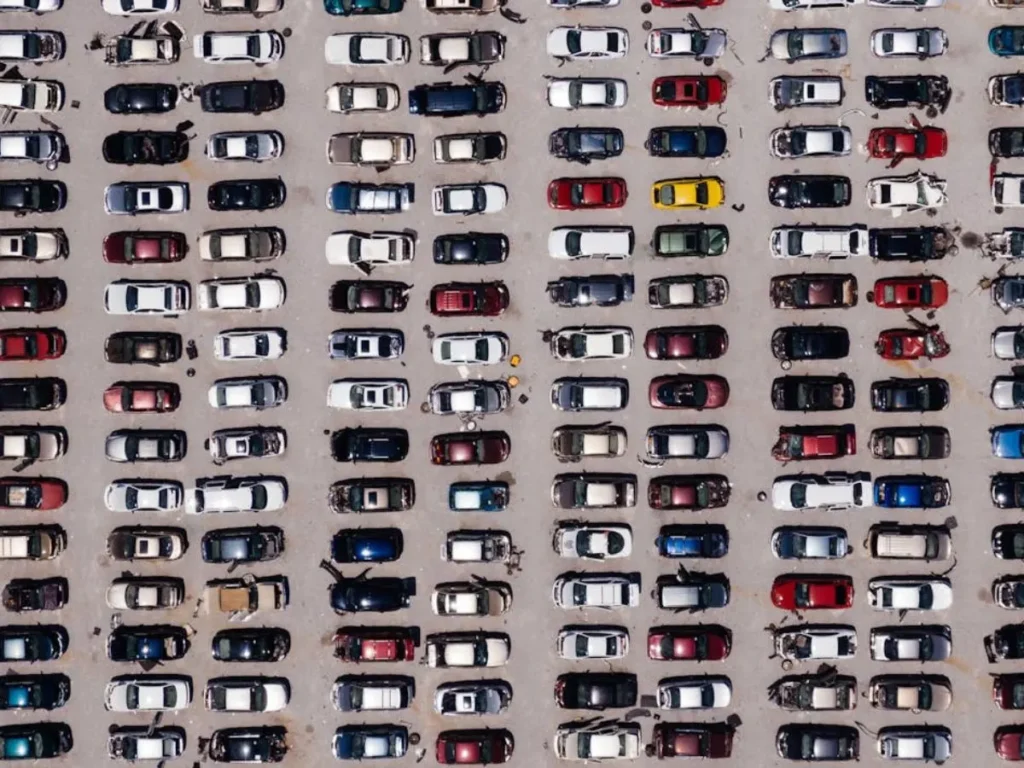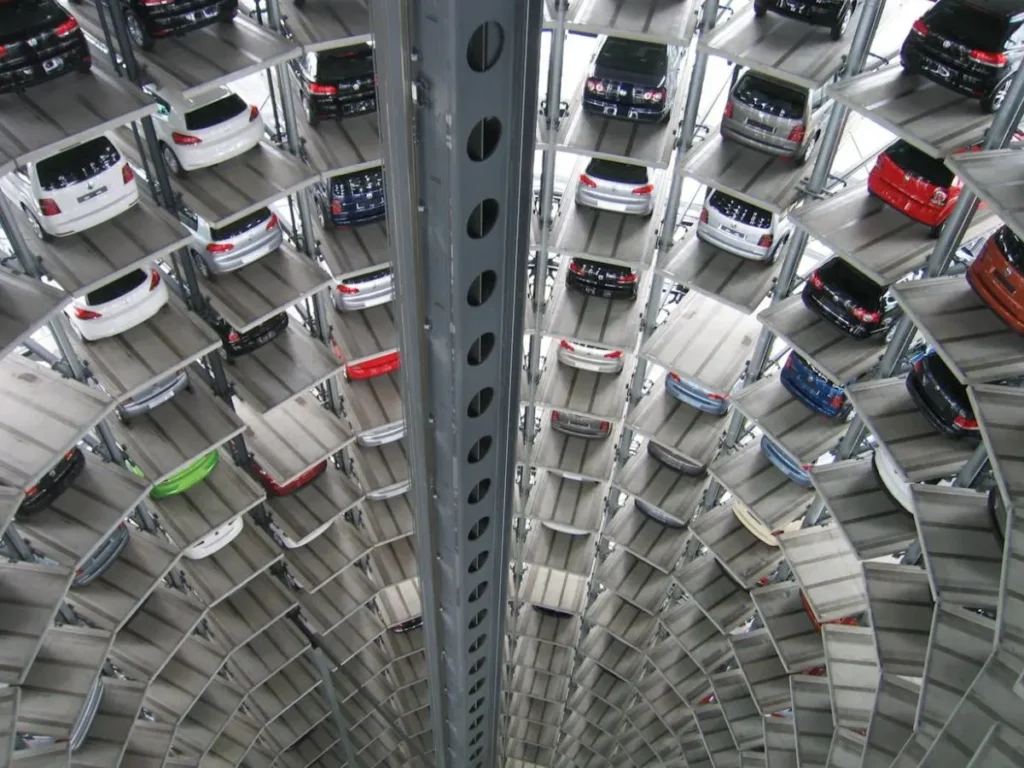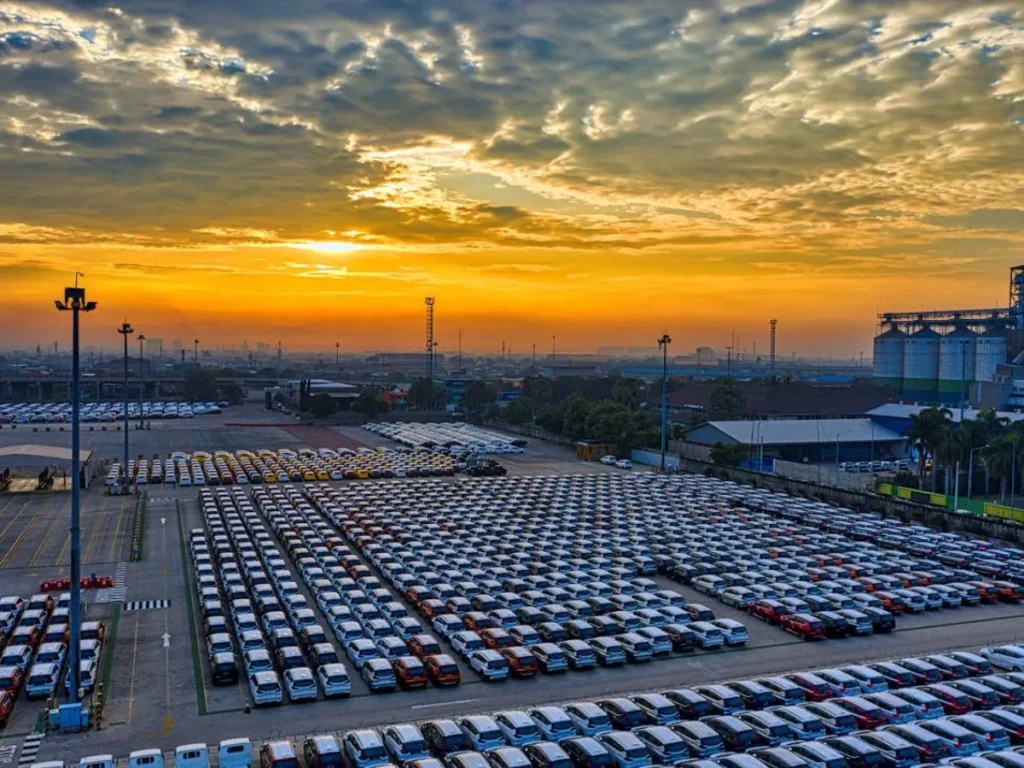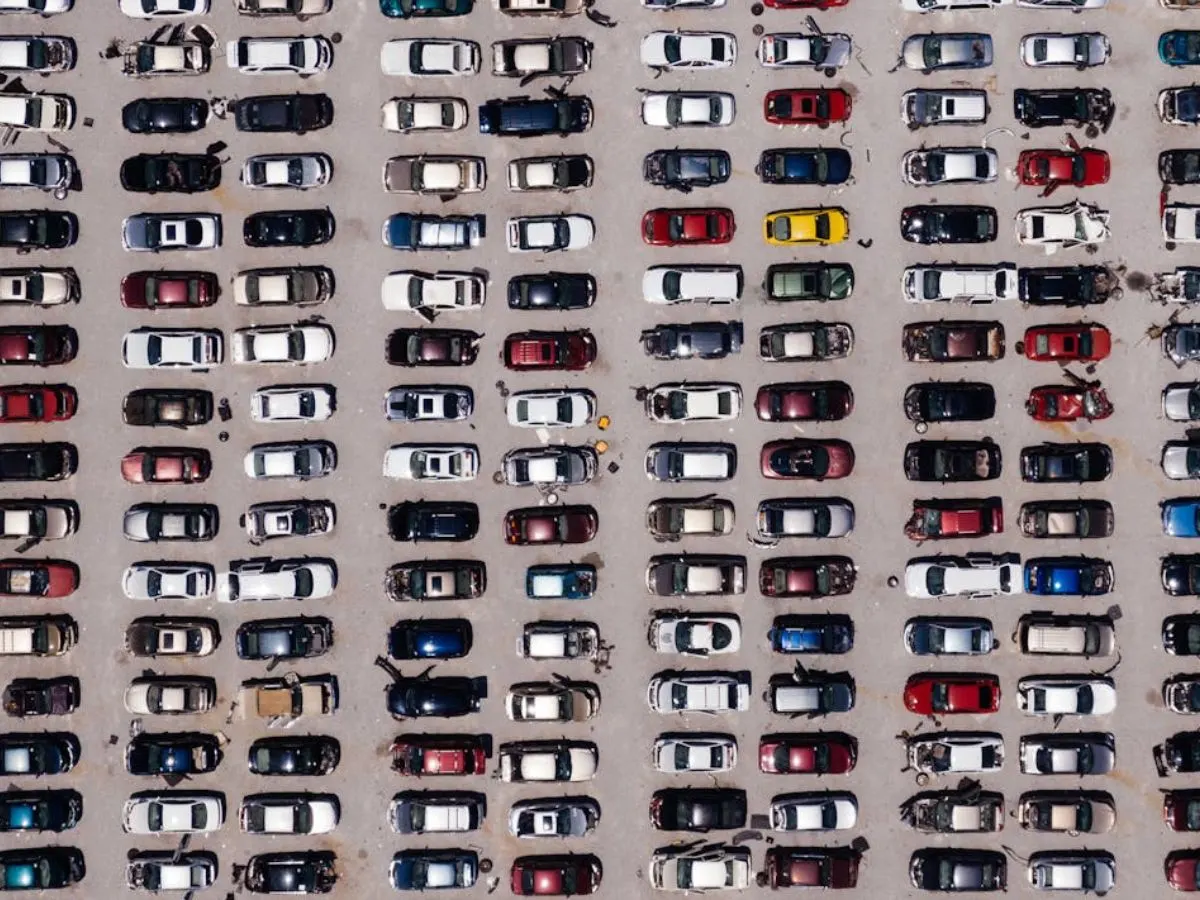Overcrowding in cities is a growing challenge in Pakistan, where rapid urbanization, increasing vehicle ownership, and limited infrastructure have led to messy traffic conditions. Several other factors contribute to this issue, but one of the most significant is unregulated or illegal parking, which not only causes traffic congestion but also poses safety hazards. This blog post will address this issue by exploring the question, “What are Vehicle Parking Laws in Pakistan in 2025?”

Table of Contents
Legal Framework for Vehicle Parking in Pakistan:
The primary legislation governing vehicle parking in Pakistan is the Provincial Motor Vehicles Ordinance, 1965, which regulates various aspects of road use, including parking regulations. This law was originally federal, but was devolved to the provinces under the 18th Amendment in 2010. As a result, each province now has its own version of the ordinance, though the core provisions, especially those concerning parking, remained largely similar.

Who Determines Parking Places in Pakistan?
Section 80 of the Provincial Motor Vehicles Ordinance, 1965, empowers the provincial governments to restrict the use of motor vehicles in certain areas and under specific conditions, including the authority to regulate, prohibit, or restrict parking in designated locations. In practice, this authority is typically delegated by provincial governments to local bodies such as municipal corporations, development authorities, and traffic management departments, in coordination with traffic police, who are responsible for implementing and enforcing parking rules. The parking zones, no parking areas, and timed parking spots are designated officially by these authorities to ensure organized use of public roads and public spaces.

Section 80: Parking places and halting stations
The exact wording of Section 80 is given below:
Government or any authority authorized in this behalf by Government may, in consultation with the local authority having jurisdiction in the area concerned, determine places at which motor vehicles may stand either indefinitely or for a specified period of time, and may determine the places at which public service vehicles may stop for a longer time than is necessary for taking up and setting down of passengers.
RELATED: How to make a driving license in Pakistan?

Conclusion:
According to Section 80 of the Provincial Motor Vehicle Ordinance 1965, which governs parking laws in Pakistan. Under the Provincial Motor Vehicle Ordinance, 1965, violations may result in fines, vehicle towing, and challans for illegal parking. It is important to follow these laws to avoid penalties and ensure road safety and smoother traffic flow. By adhering to parking regulations and respecting public spaces, drivers contribute to a more orderly and efficient urban environment.
What is parking policy?
The phrase “parking policy” refers to a set of guidelines that the business uses to control traffic in its parking lot.
What is parking duty?
Managing parking facilities, including lots and garages, is one of the responsibilities of a parking lot attendant. Usually, attendants have booths at the parking structure’s entrance and exit. This enables them to collect money from customers as they leave and issue tickets when they enter.
What is vehicle parking?
The act of stopping, getting out of a car, and typically leaving it unattended is known as parking. Generally speaking, parking is allowed on one or both sides of a road, though occasionally there are restrictions. There are parking spaces available for building occupants to use.
Who decides where parking is allowed in Pakistan?
According to Section 80 of the Provincial Motor Vehicles Ordinance, 1965, parking zones in Pakistan are assigned by the provincial or local government. In cooperation with traffic police and local authorities, these officials establish “No Parking” zones, permitted parking spaces, and time-restricted zones.
What is the fine for illegal parking in Pakistan in 2025?
In 2025, fines for illegal parking typically range from PKR 500 to PKR 2,000, though they vary by province and city. Particularly in cities like Lahore, Karachi, and Islamabad, repeat offenders may be subject to harsher punishments or even have their cars seized.
Can traffic police tow my vehicle for wrong parking in Pakistan?
Yes, traffic cops can impound cars that are parked illegally, especially if they are in a restricted area or cause obstructions. The Motor Vehicles Ordinance of 1965 serves as the basis for provincial regulations governing this.
How can I check or pay a parking challan in Pakistan?
Provincial traffic authorities (such as the PSCA for Punjab and the ITP for Islamabad) offer e-challan portals through which you can check and pay your parking challan online. The majority of challans come with photographic proof, and payments can be made via specific bank branches or smartphone apps.
What should I do if I receive a wrong parking challan in Pakistan?
You can complain in person or online to the appropriate traffic police department if you think a parking challan was issued incorrectly. If you want to challenge the fine, you might need to provide proof of location or photographs.
What are the commercial vehicle parking laws in Pakistan?
Pakistan has stricter parking laws for commercial vehicles to prevent them from blocking loading and unloading areas and traffic. Commercial vehicles are generally not allowed to park on major roads or in residential areas. Instead, they must park in approved areas, such as loading bays or commercial parking lots. According to provincial traffic laws derived from the Motor Vehicles Ordinance 1965, violations can result in fines.
What are the general car parking laws in Pakistan?
According to car parking regulations, drivers must park only in spaces designated for that purpose, obey all signs, and avoid obstructing fire hydrants, pedestrian crossings, or entrances. According to rules established by provincial authorities under the Motor Vehicle Ordinance, parking without a permit can result in fines, towing, or challans from traffic police.
What is the car parking law in Pakistan?
The Provincial Motor Vehicles Ordinance, 1965, which empowers local and provincial governments to regulate parking, impose restrictions and enforce fines for violations, is the legal framework governing parking in Pakistan. Drivers must follow parking signs and local laws to avoid fines or the removal of their cars.
What are the main parking rules in Pakistan?
Important parking regulations in Pakistan include:
– Do not park on sidewalks or pedestrian paths.
– Park only in designated areas;
– Avoid “no parking” areas;
– Obey parking restrictions at appropriate times; and
– Violations are punishable by fines or impoundment of vehicles, which are enforced by traffic authorities in accordance with the provincial Motor Vehicle Ordinance.



